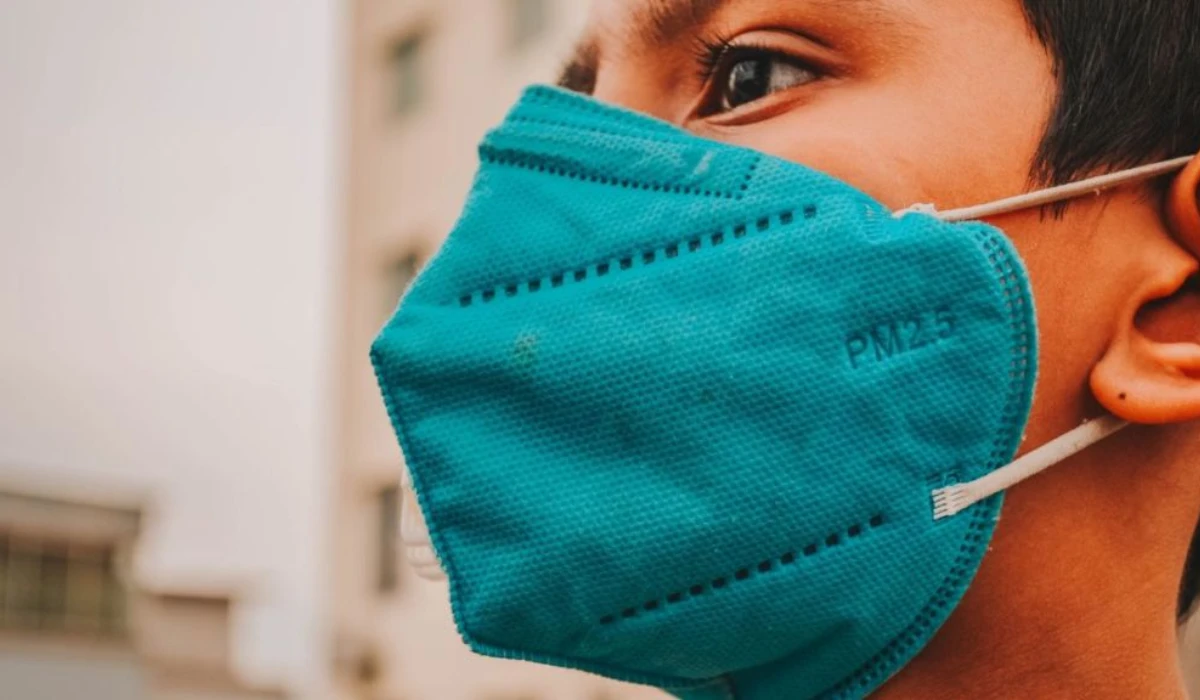New Delhi, 1st May : A massive international survey led by Harvard and Baylor University researchers has found that today’s young adults are experiencing historically low levels of happiness and life satisfaction. Based on data collected in 2023 from over 200,000 people in more than 20 countries, the Global Flourishing Study reports that 18–24 year olds scored lowest on measures of well-being across six domains of life. In many nations the youngest cohort reported the poorest outcomes. “Flourishing tends to increase with age” and the “youngest age group (18–24) reported the lowest” scores, the research notes. In plain terms, young people today report lower happiness, poorer health and weaker social and financial well-being than older generations.
The first wave of this five-year, longitudinal study interviewed a representative panel of participants worldwide. Conducted in partnership with Gallup, the survey covered 22 countries and all age groups from 18 onward. Respondents answered detailed questions on topics including life satisfaction, physical and mental health, meaning and purpose, character, social relationships and material stability. Among the 200,000-plus respondents, those aged 18–29 consistently rated themselves lowest on happiness and related measures. The data were published in Nature Mental Health on May 1, 2025, as part of a special issue featuring the Global Flourishing Study’s initial findings.
These results mark a reversal of earlier trends. Two decades ago, surveys showed a U-shaped age curve: young adults and seniors reported the highest life satisfaction, with a midlife dip in the middle-aged. Now, the Harvard-Baylor study — and independent polls like the World Happiness Report — indicate that the youth advantage has collapsed. “Young people appear to be not doing as well as older people when compared to the generations that came before them,” the Baylor-led team observed. In the United States, for example, the under-30 group’s rapid decline in well-being is blamed for a recent drop in national happiness rankings, a shift that experts say began around 2017.
Experts point to multiple pressures weighing on today’s young people. Baylor’s Byron Johnson, co-leader of the study, noted a “global rise in unhappiness” over the past 15 years that is “affecting no one more than young people”. He questioned whether increased internet and social media use might be partly to blame, saying policymakers “should be thinking about” how to address the trend. Yale psychologist Laurie Santos added that social connection is critical for happiness, yet young adults now spend far less time in person with friends than they did a decade ago. Santos noted that young people today are also dealing with climate anxiety, economic uncertainty and political polarization, all of which can depress well-being. In the U.S., Surgeon General Vivek Murthy has issued warnings about youth mental health, comparing early social-media exposure to giving children “medicine that is not proven to be safe” and calling the decline in youth happiness a “red flag” for policy action.
The broader implications of these findings are significant. Policymakers and educators are concerned that an entire generation may be entering adulthood under unprecedented stress. The Global Flourishing Study team emphasizes that reversing this trend will require attention to the social and economic factors driving it. For example, rising income inequality, housing pressures, and a sense of social disconnection have all been cited in related research as contributing to young people’s distress. The World Happiness Report’s authors argue that this shift demands “immediate policy action,” such as strengthening community support networks and mitigating harmful online influences. Until more data are collected in the coming years, experts say the clear message is that young adults today are faring worse than previous generations did at the same age — a finding that may reshape how society invests in youth mental health and well-being.







